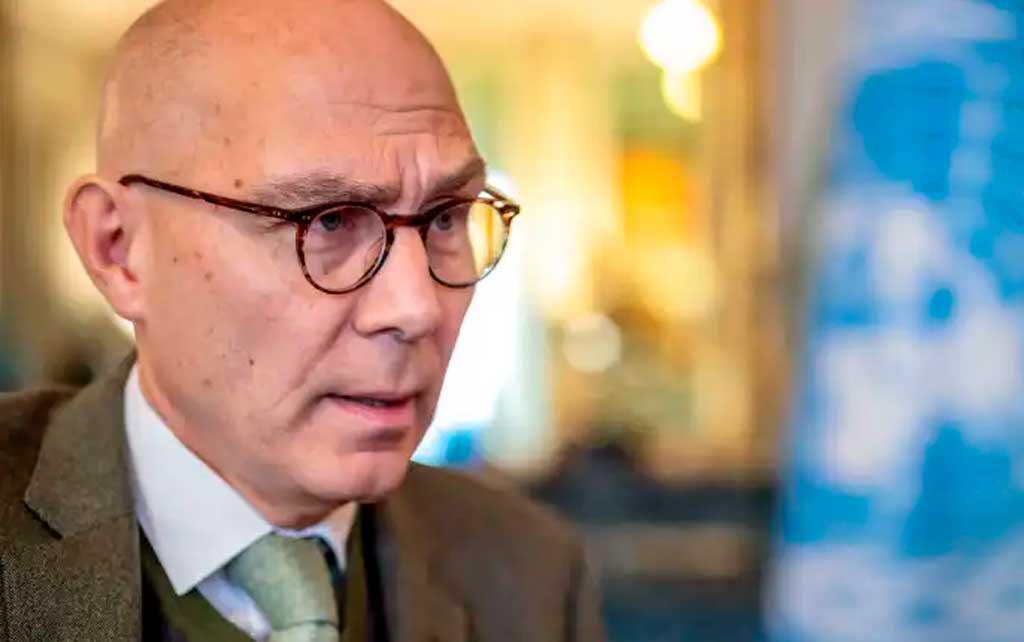Turk presented on Friday a report on his official visit to Haiti and stated the world needs to hear what he has borne witness to and what his colleagues document every single day from some of the poorest, most frightening situations worldwide – a capital city where, in many areas, predatory armed gangs control access to water, food, healthcare and fuel, where kidnapping are rampant, children are prevented from going to school, recruited to perpetrate violence and subjected to it. A nation where one out of every two people faces hunger, lives in extreme poverty and does not have regular access to clean drinking water. Where prisoners are dying of malnutrition, cholera and more. Let’s not forget the vulnerability of the country to natural disasters.
“The issues are vast and overwhelming,” Turk said, ¨but I am also here to caution against writing off the situation in Haiti as insurmountable and hopeless. Haiti and Haitians must not be defined by the reductionist view of them as victims.¨
I also sensed, however, the exhaustion that comes from shouldering these burdens day after day, and I heard a plea for help. An SOS cry from the much-beleaguered communities.
Today, I am issuing a report by my Office that sets out the debilitating impact of gang violence in several parts of the Cité Soleil region of Port-au-Prince.
These gangs possess a range of weapons and sow fear and violence into the communities they control. Sources have informed us that members of the gangs distributed machetes to relatives of people killed by a rival gang coalition calling on them to take revenge.
The prevailing security crisis has of course deepened the economic plight of Haitians. Over half of the 11.8 million people in Haiti live below the poverty line. In October last year, year-on-year inflation reached 47.2%. Some 4.7 million people are acutely food-insecure and a shocking 19,200 people are estimated to be in a catastrophic situation, living in famine-like conditions.
In my discussions with civil society, the plight of vulnerable communities came out strongly, including women, LGBTI people, people with disabilities, young people and children.
I also call on the international community to urgently consider the deployment of a time-bound specialized support force under conditions that conform with international human rights laws and norms, with a comprehensive and precise action plan.
This must be accompanied by rapid and sustainable re-establishment of State institutions in gang-free zones, as well as a profound reform of the judicial and penitentiary system. The sanctions regime is an important first step. It needs to be accompanied by bringing perpetrators to justice in Haiti.
pll/oda/ane










